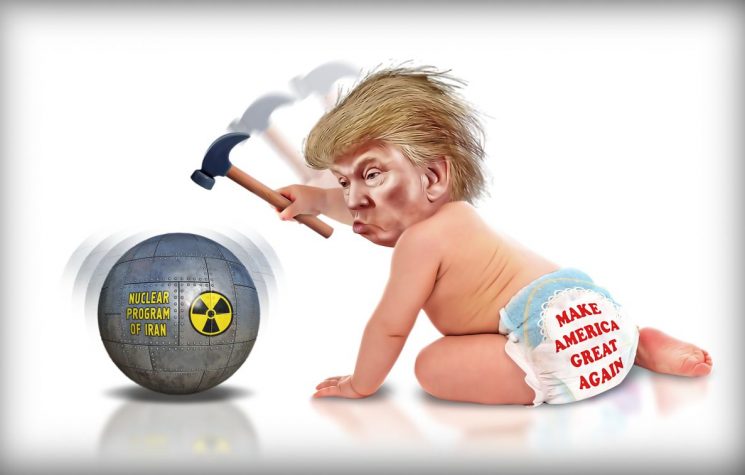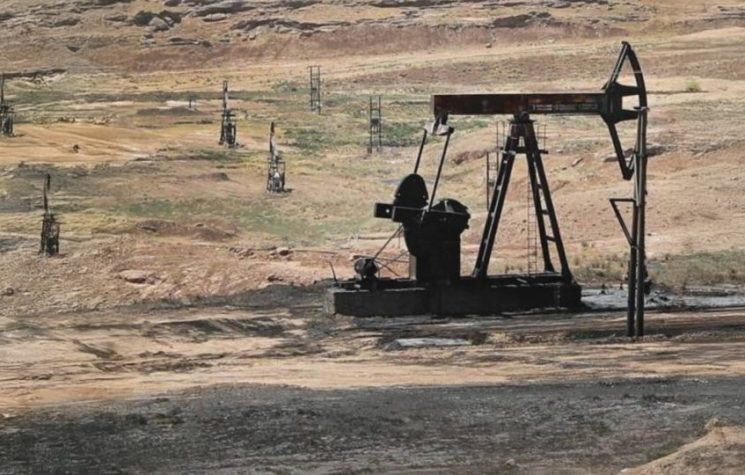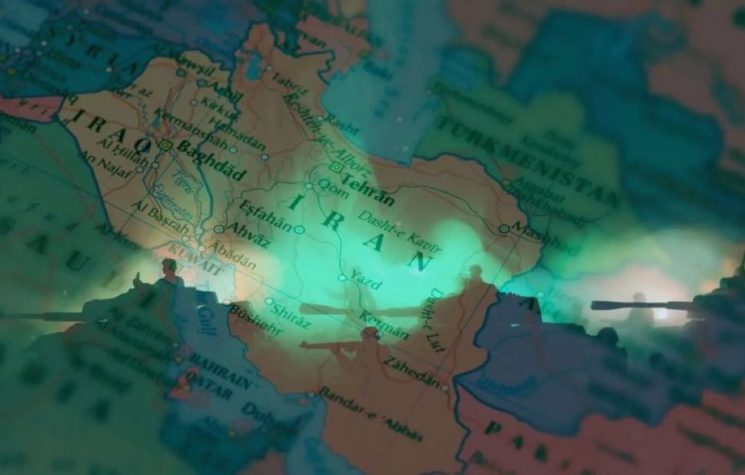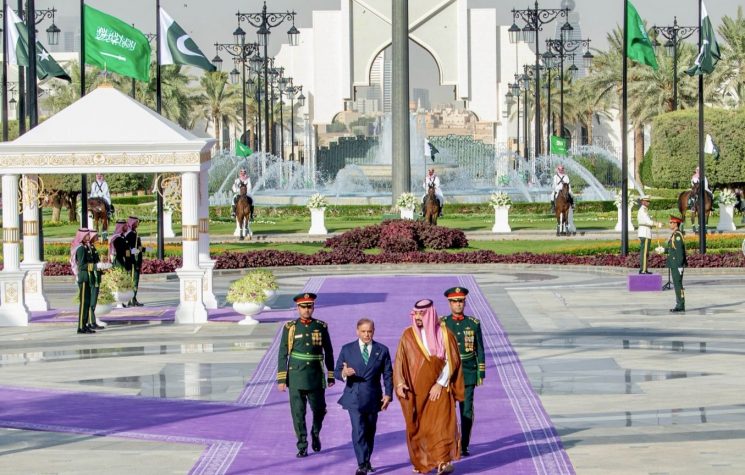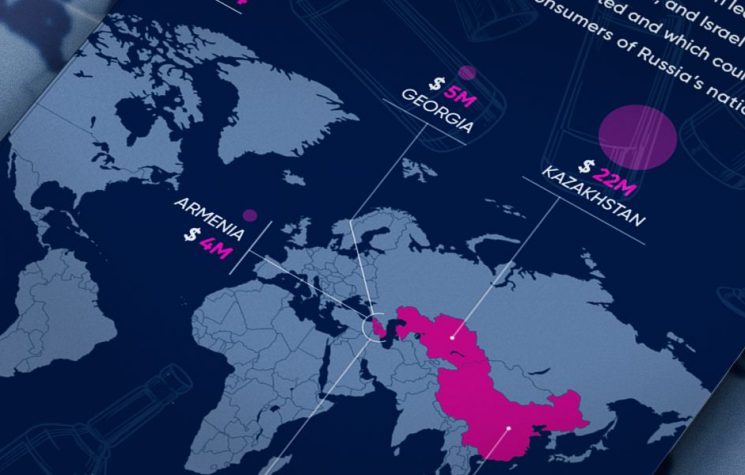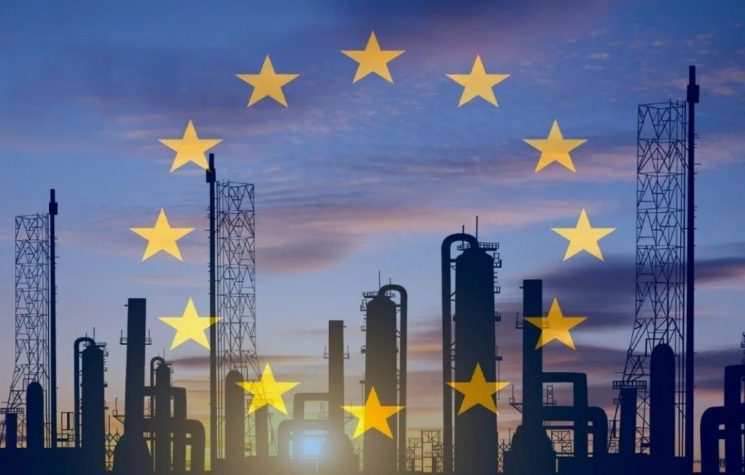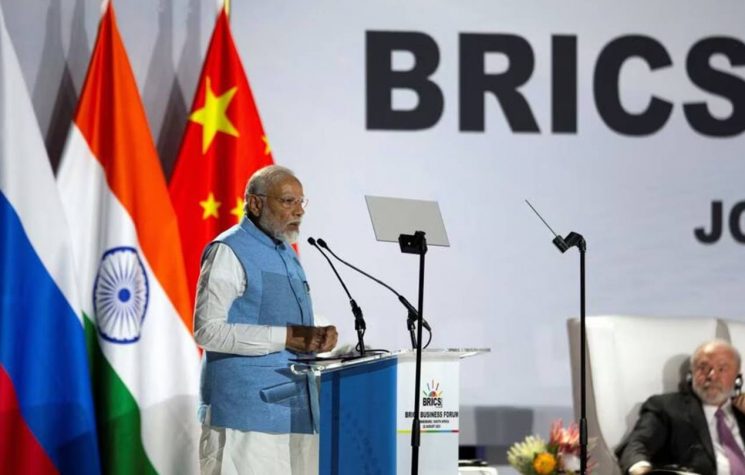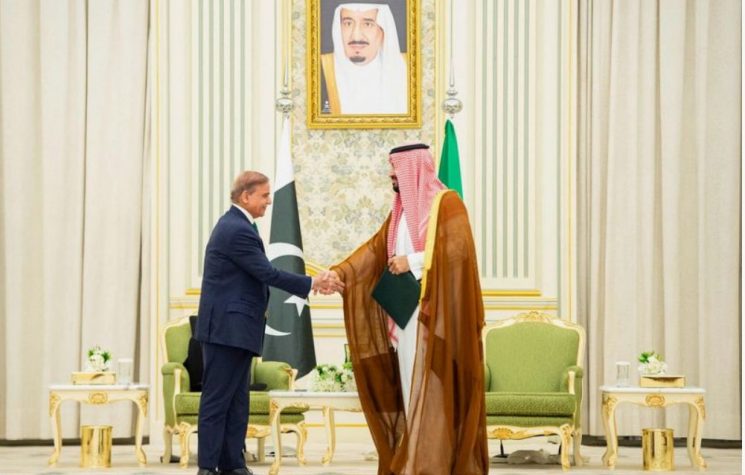China’s commitment as a peacekeeper to resolving the problem and restoring peace in the Middle East can only be great.
Join us on Telegram![]() , Twitter
, Twitter![]() , and VK
, and VK![]() .
.
Contact us: info@strategic-culture.su
A firm commitment
Last Thursday, Chinese President Xi Jinping had a telephone conversation with Russian leader Vladimir Putin, during which the two heads of state discussed the current situation in the Middle East.
Xi put forward a four-point proposal: making the ceasefire an urgent priority, ensuring the protection of civilians as a fundamental objective, promoting dialogue and mediation as the only sustainable way forward, and recognizing the essential importance of international efforts for peace.
This exchange comes at a particularly delicate time, with the conflict between Israel and Iran rapidly escalating. The coordination between Beijing and Moscow not only highlights the advanced level of their strategic understanding, but also sends a strong message to the international community, calling for tensions to be contained and regional stability to be safeguarded.
The crisis in the Middle East has now gone beyond the limits of a conventional conflict.
Meanwhile, the United States – despite its decisive influence over Israel – has not taken a constructive stance. On the contrary, it has continued to fuel tensions, even declaring itself ready to “intervene directly”, frustrating the international community’s hopes for de-escalation. With the situation increasingly unstable, the window for avoiding a wider conflict is rapidly closing.
Once the conflict explodes out of control, it will be extremely difficult to restore balance. In this context, China has been the first major power to present a coherent and long-term plan that aims both to manage the immediate situation and to build lasting solutions, demonstrating a strong sense of global responsibility.
The four-point proposal is clear and focused on the essential issues: first, it calls on all parties, particularly Israel, to immediately halt military operations to avoid further civilian casualties. It also promotes a political solution to the Iranian nuclear issue and urges the international community – particularly the most influential actors – to intervene to promote de-escalation.
With a concrete and pragmatic approach, the proposal does not merely set out guiding principles for resolving the crisis, but also proposes effective tools to mitigate it. At its core is the goal of a stable and shared peace based on respect for international law and equity among nations. It reflects a clear-headed analysis by Beijing, aligned with the widely held view among many global actors, and offers a credible operational framework.
China has always played a stabilising role in the Middle East, as demonstrated by various interventions: from mediation between Saudi Arabia and Iran, to support for Syria’s reintegration into the Arab League; from support for the rights of the Palestinian people, to commitment to peace in the Gaza Strip and Palestinian unity; from participation in peacekeeping missions to humanitarian assistance. Each action has been based on principles of fairness and the real interests of the Middle Eastern peoples, promoting a new paradigm of collective, inclusive and sustainable security.
The agreements signed in Beijing, such as the one between Iran and Saudi Arabia, and the Palestinian Declaration of Unity, testify to the trust in China’s neutrality and the validity of its approach to security. Xi’s new proposal on the current Israeli-Iranian crisis is in line with this commitment, confirming Beijing’s intention to actively contribute to peace in the region.
In a Middle East marked by growing instability, world peace is also becoming more difficult to achieve. Promoting a ceasefire and opening negotiations is essential not only for the region but also for global stability. To do so, effective coordination between the major powers is necessary.
The recent dialogue between Xi and Putin exemplifies this close cooperation between China and Russia on crucial international issues. As permanent members of the UN Security Council, both countries are working together to strengthen peace on a regional and global scale. This underscores the growing role of emerging countries in global governance and serves as a model for responsible coexistence between powers.
The conflict also affects Beijing’s interests
The Middle East crisis shows that the world has entered a phase of great instability and transition. China’s four-point proposal reflects this awareness and Beijing’s consistent approach to security. From the war in Ukraine to the Israeli-Palestinian conflict, the solutions put forward by China are gaining increasing support. Now that the Middle East is once again on the brink of disaster, it is essential that the international community move beyond mere statements and take concrete action in support of the Chinese plan. For its part, China has declared itself ready to strengthen dialogue between the parties, build consensus, promote justice and contribute concretely to the return of peace in the region.
Because in all this, let’s not forget, China’s interests are also at stake. Trump wants to maintain US dominance in the region and block the rise of China and Russia.
China helped negotiate a peace deal between Iran and Saudi Arabia in 2023 and hailed the breakthrough as a victory for Chinese diplomacy and a sign that America’s main geopolitical rival had emerged as an important power broker in the Middle East.
China and Iran have a $400 billion agreement based on oil and technology, and China has become Iran’s largest trading partner, accounting for 30% of the Iranian market, worth over $15 billion. More importantly, China’s participation in the BRI corridor makes Iran an irreplaceable friend for a long list of guarantees.
On 4 May, the Chamber of Commerce, Industry, Mines and Agriculture (TCCIMA), in the presence of the Chinese ambassador to Iran, the leaders of the Iranian Trade Promotion Organisation (TPO), the Iran-China parliamentary friendship group and numerous representatives of institutions and the private sector. TCCIMA President Mahmoud Najafi Arab welcomed the Chinese delegation to the Iran Expo, emphasising the Chinese ambassador’s commitment to strengthening bilateral economic ties, recalling the millennial ties between the two countries and calling for a sustainable model of cooperation based on mutual respect.
Iran’s Seventh National Development Plan focuses on industrial modernisation and attracting foreign capital and technology. On that occasion, interest was highlighted in collaborating with China in the automotive, textile, pharmaceutical and medical equipment sectors, focusing on joint production and technology transfer. In December 2024, a representative of the Shanghai Cooperation Organisation announced the willingness of Chinese investors to finance combined cycle power plants in the energy-rich province of Khuzestan, with the aim of rebalancing Iran’s energy supply.
On 30 May, Iran and China signed a trilateral protocol for cooperation on water resource management, agriculture and the environment, involving the Chinese Academy of Sciences, the University of Tehran and the Iranian Organisation for Planning and Budgeting.
There are four key strategies for expanding trade relations with China:
- Technology transfer, leveraging Chinese expertise in research and development.
- Enhancing Iranian exports, shifting the focus from raw materials to products with higher added value.
- Joint production and co-investment, with Iran offering a favourable environment for foreign investment.
- Mutual access to markets, with the aim of expanding together into third markets.
Arab drew attention to recent missions by the Iranian private sector to various Chinese provinces, reiterating the need to identify new investment opportunities and promote financial exchanges.
With over 140 years of history, the Chamber said it was ready to facilitate technical meetings, support joint projects and strengthen bilateral professional networks.
So yes, there is a great deal at stake and, consequently, China’s commitment as a peacekeeper to resolving the problem and restoring peace in the Middle East can only be great.










